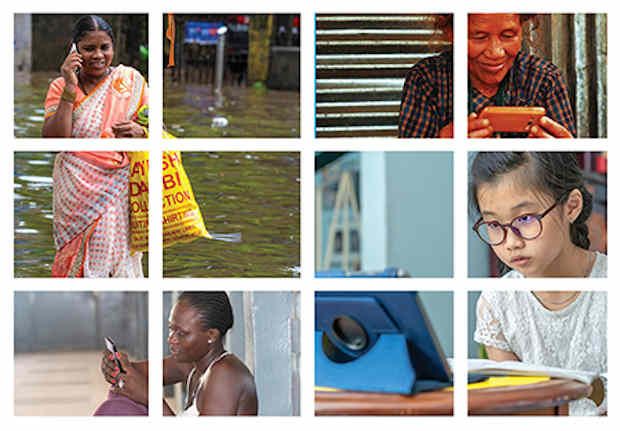ITU Report Examines the Impact of ICT on Women in Covid Pandemic
Women, ICT and Emergency Telecommunications: Opportunities and Constraints, a new report from ITU and the Emergency Telecommunications Cluster (ETC), highlights that equal access to information and communication technology (ICT) can save lives in emergencies, including during pandemics.
Conversely, the digital gender divide is blocking women from becoming equal stakeholders in society, putting entire communities at greater risk during emergencies. In the wake of disaster, women are more vulnerable and more likely to die than men.
The Covid-19 pandemic has devastating social and economic consequences for women and girls because they comprise the majority of healthcare workers, are over-represented in the informal economy and take on most domestic work —significantly compounding pre-existing inequalities.
At the same time, women are critical partners in building disaster resilience, however, a range of existing barriers limit their ability to protect themselves and to participate in disaster decision-making throughout the phases of the disaster risk management cycle.
A woman’s ability to access accurate information not only has a direct impact on her own survival and disaster resilience, but also on that of the wider community.
“This joint report will go a long way towards integrating women’s needs into national disaster risk reduction frameworks,” said ITU Secretary-General Houlin Zhao.
According to the report, women are still 17% less likely to use the Internet than men, with an even wider gap in least developed countries. Women in low- and middle-income countries are also 10 per cent less likely to own a mobile phone than men. The global gender gap in mobile ownership is at its widest in South Asia.
The report examines the impact of ICT for men and women in the same environments and with the same infrastructure.















